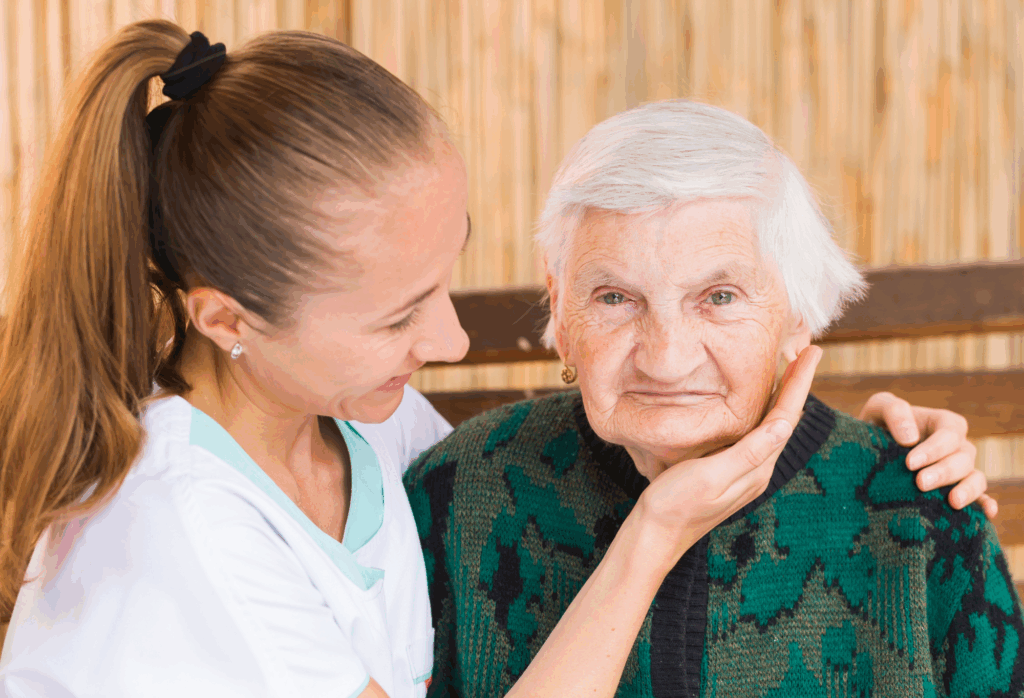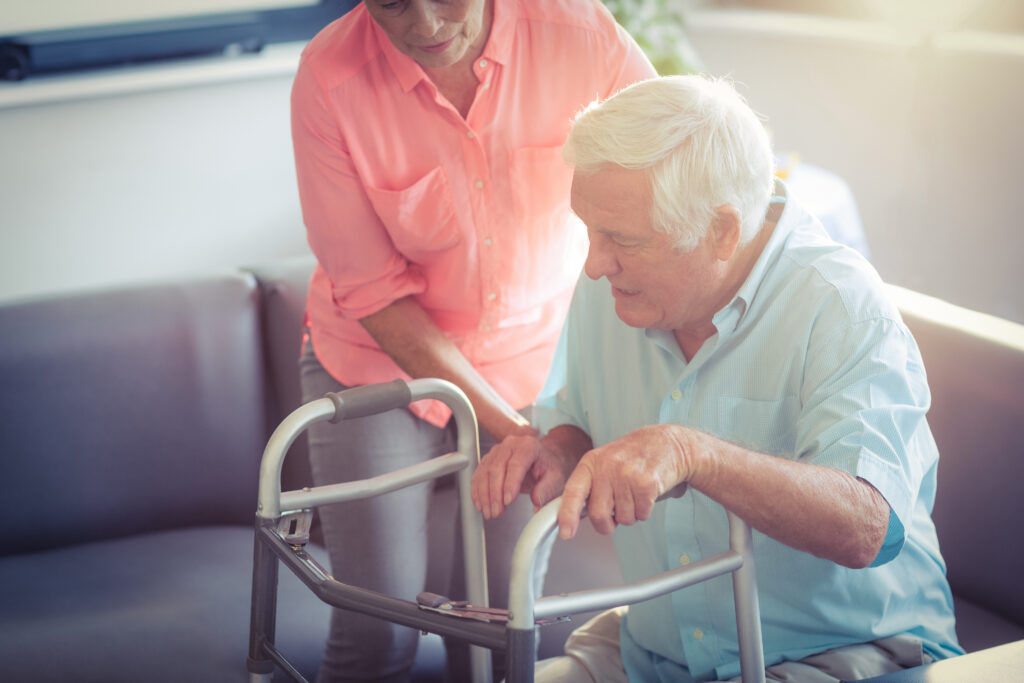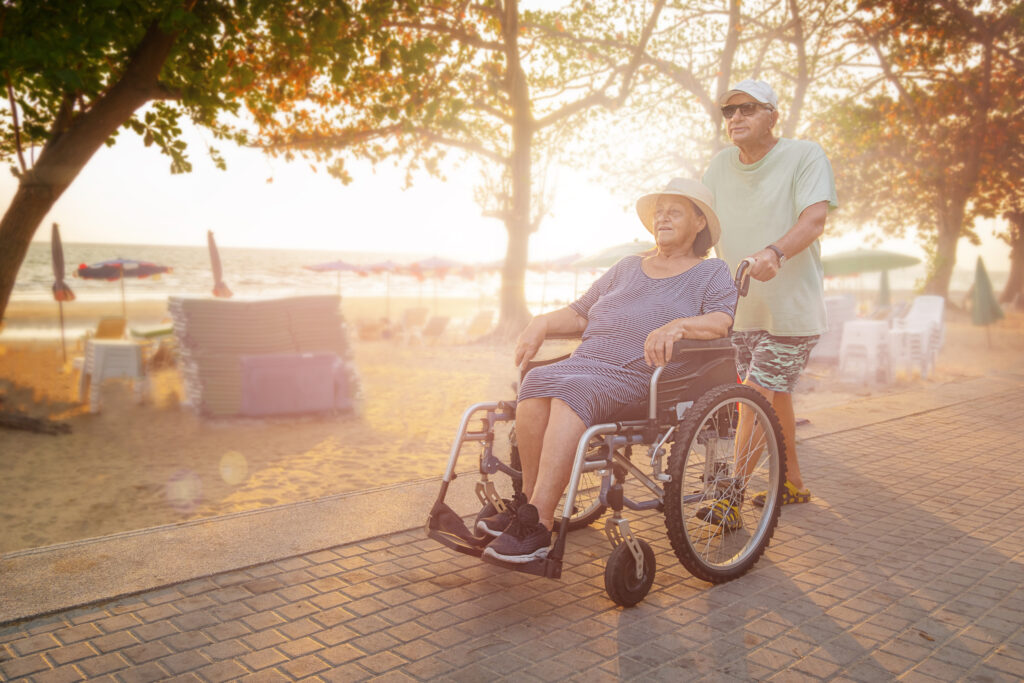Programs Administered
Here is a list of some of the services available through the programs administered by the Area Agency on Aging and delivered through our Aging Network Providers. A short description of each of the programs follows, including their eligibility criteria.
- Adult Day Care
- Caregiver Training/Support
- Case Management
- Chore
- Congregate Meals
- Companionship
- Counseling
- Emergency Alert Response
- Escort
- Home Delivered Meals
- Homemaker
- Housing Improvement
- Legal Assistance
- Personal Care
- Recreation
- Respite
- Specialized Medical Equipment, Services, and Supplies
- Transportation
Alzheimer’s Disease Initiative
The Alzheimer’s Disease Initiative (ADI) program addresses the special needs of individuals with Alzheimer’s Disease or other related disorders and their caregivers.
- Service Requirements: Individuals must be 18 years of age or older and have a diagnosis of Alzheimer’s disease or a related disorder or be suspected of having Alzheimer’s disease or a related disorder. Additionally, individuals that are 18 or older who are caregivers of ADI clients and are available to assist with Activities of Daily Living and Independent Activities of Daily Living are also eligible to receive services.
- Priority for services will be given to those eligible persons assessed to be at risk of placement in an institution.
Funding Source: State General Revenue (Department of Elder Affairs)

Community Care for the Elderly
The major goals of the Community Care for the Elderly (CCE) Program are:
1) to preserve the independence of elders and prevent or delay costlier institutional care through a community care service system that provides case management and other in-home and community services as needed under the direction of a lead agency, and
2) to provide a continuum of service alternatives that meets the diverse needs of functionally-impaired elders.
- Individuals must be at least 60 years of age and be functionally impaired as determined through the functional assessment and at least an annual reassessment.
- Priority for services shall be given to those eligible persons assessed to be at risk of placement in an institution or who are abused, neglected, or exploited.
Funding Source: State General Revenue (Department of Elder Affairs)

Home Care for the Elderly
The Home Care for the Elderly Program (HCE) assists caregivers of 3 or fewer elders living in private homes, through the provision of a basic subsidy for maintenance and supervision, as well as other necessary specialized services.
- The individual receiving care must be 60 years of age or older; be a current resident of the State of Florida with the intent to remain in the state; and meet criteria for functional and financial eligibility.
- The caregiver must be at least 18 years of age and be physically present and live in the home to provide supervision and to assist in arrangement of services for the client.
- Priority for services shall be given to those eligible persons assessed to be at risk of placement in an institution.
Funding Source: State General Revenue (Department of Elder Affairs)

Older Americans Act
The purpose of the Older Americans Act (OAA):
- Title III B program is to provide supportive services to enhance the well-being of elders and to help them live independently in their home environment and the community.
- Title III C1 program is to provide congregate meals and nutrition education in strategically located centers such as schools, churches, community centers, senior centers and other public or private facilities where persons may receive other social and rehabilitative services.
- Title III C2 is to provide home-delivered meals and nutrition education to homebound individuals.
- Title III E program is to provide multifaceted systems of support services to family caregivers and to grandparents or older individuals, who are relative caregivers.
- For Titles III B, III C1 and III C2 the individual must be 60 years of age or older.
- For Title III E family caregivers, the care recipient must be 60 years of age or older and the caregiver must be an adult over the age of 18.
- For Title III E grandparents or older individuals who are relative caregivers, the grandparent or relative caregiver must be 55 years of age or older and caregiver of a child not more than 18 years old or an individual with a disability. Preference for services is given to older individuals with greatest economic need and older individuals with greatest social need.
Funding Source: Federal (Department of Elder Affairs)

